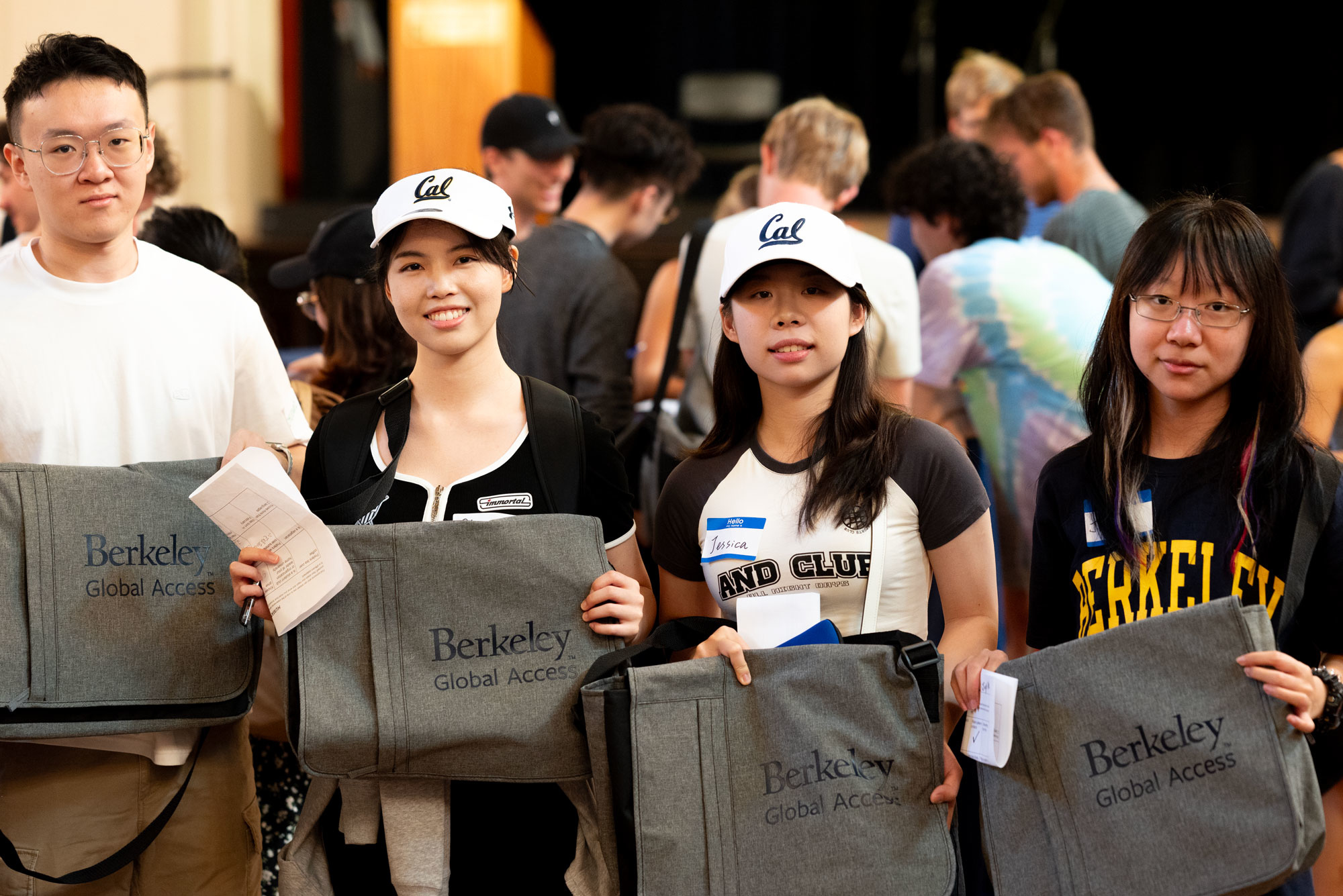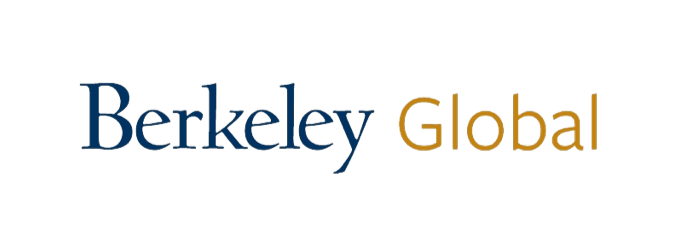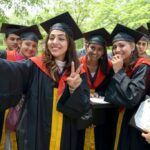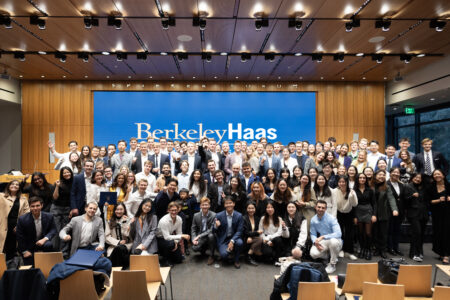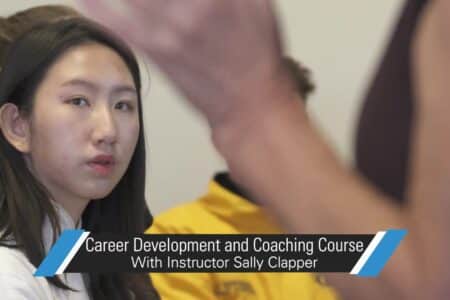Most visiting student programmes give you a taste of life at a great university—but within limits. You’re often placed in a set curriculum, locked into your major and offered only a fraction of the classes available to full-time students.
The Berkeley Global Access (BGA) Program is different. It opens the UC Berkeley course catalogue—over 1,000 classes—to visiting students from around the world. Combine courses from completely different disciplines, earn credits that transfer back to your home university, and study alongside Berkeley students in the same classrooms.
It’s an opportunity to be a Berkeley student in every sense of the word.
For Changyu Li, a business English graduate from Guangdong University of Foreign Studies, this freedom was the deciding factor.
“What attracted me to the BGA program is its flexibility,” she says. “Here I could take classes that I’m genuinely interested in, but never had the chance to try before.”
This meant Li would be able to satisfy her curiosity about computer science—a discipline UC Berkeley knows well. In fact, its Computer Science Division is one of the strongest programs in the U.S. The university also excels in areas such as space science (ranked 2nd), biology and biochemistry (ranked 4th), physics (ranked 4th) and environment/ecology (ranked 6th). Nothing less is expected from the No. 1 public university in the world.
Li loved taking courses on virtual communities/social media, cross-cultural communications, special topics in management of organizations and marketing management. In these discussion-heavy, method-focused courses, a few structural elements stood out. The presence of teaching assistants in each class was new to her and made the experience smoother. Their eagerness to help ensure that Li was able to go deeper, faster.
But if the semester had a centre of gravity, it was the Career Development and Coaching Seminar with Professor Sally Clapper. “It was an incredibly valuable experience,” says Li. How do you ask for a recommendation letter—specifically, when, from whom and with what context? How do you shape a narrative that makes sense of moving between management, media and tech? What belongs in a statement of purpose—and what doesn’t?
The class offered answers, but the real difference was continuity. After Li returned to China, overwhelmed by deadlines and choices, Clapper kept showing up—follow-up sessions, check-ins, next steps. The mentorship travelled. The results did, too.
“With her guidance, I was able to successfully receive offers from the University of Southern California, New York University, the University of Hong Kong and Columbia University,” shares Li, who is currently pursuing a Master of Science in Marketing at the University of Hong Kong.

“The Berkeley Global Access Program is not only a time to explore, but also a valuable stepping stone toward your future goals,” says Changyu Li. Source: Berkeley Global
Despite having so much to look forward to in her academic career, there’s a lot Li misses about life at Berkeley. On the water at the Berkeley Marina, she learned the simple pleasure of kayaking. In Sausalito, she sailed with Professor Clapper. She learned to appreciate art during a quick trip to Los Angeles, where she wandered the Getty Center.
“Everything I did in California felt like a once-in-a-lifetime experience,” recalls Li. “Each moment was so special and left a deep impression on me.”
Today, the graduate student has a broader horizon pointed toward an internet technology company—roles at the intersection of e-commerce and marketing, where social platforms are the laboratory and the product. She’s already building that muscle on Xiaohongshu, where she runs “常与先Lyric” and has grown to about 1,300 followers—a side project with the discipline of a second job.
What happened for Li is what Berkeley was built to make possible. The university has welcomed students from Asia, South America and beyond since the 1890s—long before the concept of “study abroad” became a buzzword. That history shows up in the details: Thousands of courses to assemble a semester that fits, professors whose guidance doesn’t end at finals and a sunny California backdrop that quietly turns new routines into home.
If you’re ready to write your own version of that arc, Spring 2026 applications are open now and close on October 31, 2025.
Follow Berkeley Global on Facebook, Instagram, LinkedIn and YouTube.

